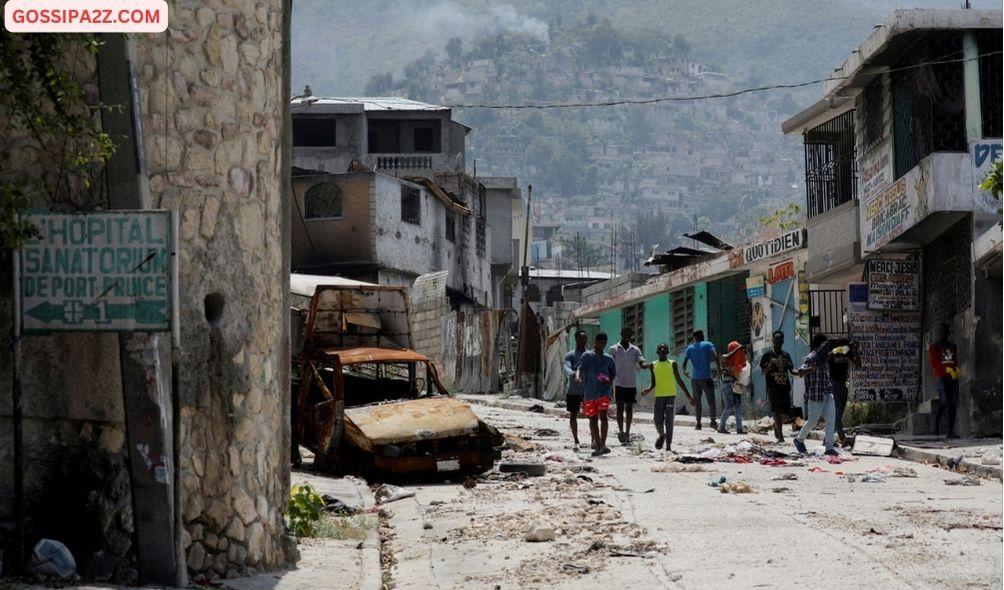Haitians Reject UN Mission in Their Country: Why They Say No
Haitians are openly expressing their disapproval of the upcoming United Nations Security Council’s peace-keeping mission scheduled to start later this month.
Faced with ongoing political chaos, instability, wars, and gang violence, the UN has frequently deployed troops to stabilize the troubled nation.
However, the arrival of these troops has brought diseases, instances of human rights abuses, and a perception of compromised sovereignty, leading Haitians to be skeptical of such missions.
In 2010, a cholera outbreak during a UN peace mission resulted in 30,000 deaths and 820,000 cases. Declared cholera-free in February 2022, Haiti continues to seek justice for the epidemic.
Research by French epidemiologist Renaud Piarroux confirmed that the epidemic was caused by waste from the UN troops from Nepal contaminating the River Artibonite, rather than environmental factors.
During the same period, numerous women and men reported sexual abuse by UN peacekeepers.
With the new UN mission, Haitian civil rights groups accuse the US of using Kenya to interfere in Haiti’s internal matters.
“Why is the US so interested in Haiti’s affairs? Why are they using Kenya to meddle when we haven’t invited them?” asked Eliphete Joseph, leader of the Movement Unforgettable Dessalines Jean Jacques.
ALSO READ:
- Ruto Holds Virtual Meeting With Uhuru, 3 Other Ex-African Presidents
- Kenya: Rape Suspect Caught Stealing Prosecutor’s Phone at Kibera Court
- Trans Nzoia Governor George Natembeya Faces Scrutiny Over Suspicious Withdrawal of Millions
- Murkomen Under Fire Over Remarks on Gen Z Mental Health, Forced to Apologize
- Donald Trump Appoints Daughter’s Father-in-Law, Massad Boulos, as Senior Advisor for Africa
Additionally, Haitians perceive the gangs in their country as heroes. Crime journalist Wethzer Piercin explains that the gangs present themselves as freedom fighters, complicating the situation.
Haitians are also resistant to US assistance, as many gang firearms originate from the US. Recent seizures have highlighted the ease of gun-running operations.
With only 294 officers, including 181 border patrol personnel and a single Coast Guard vessel, Haiti’s national police force is severely underfunded.
Haiti’s 1,770km coastline and 392km border with the Dominican Republic facilitate the spread of illegal firearms.
Historically, the US and Haiti have had a tense relationship. In 1915, President Woodrow Wilson sent marines to Haiti to restore order, a mission that lasted until 1934 and was met with fierce Haitian resistance and guerilla warfare.
For Haitians, US efforts to bring peace have led to a loss of autonomy. Haiti expert Jeffery Somers highlights in his 2015 article that the US pursued a hegemonic agenda underpinned by investment goals and racial stereotypes, violating Haiti’s sovereignty.
Haitians Reject UN Mission in Their Country: Why They Say No
